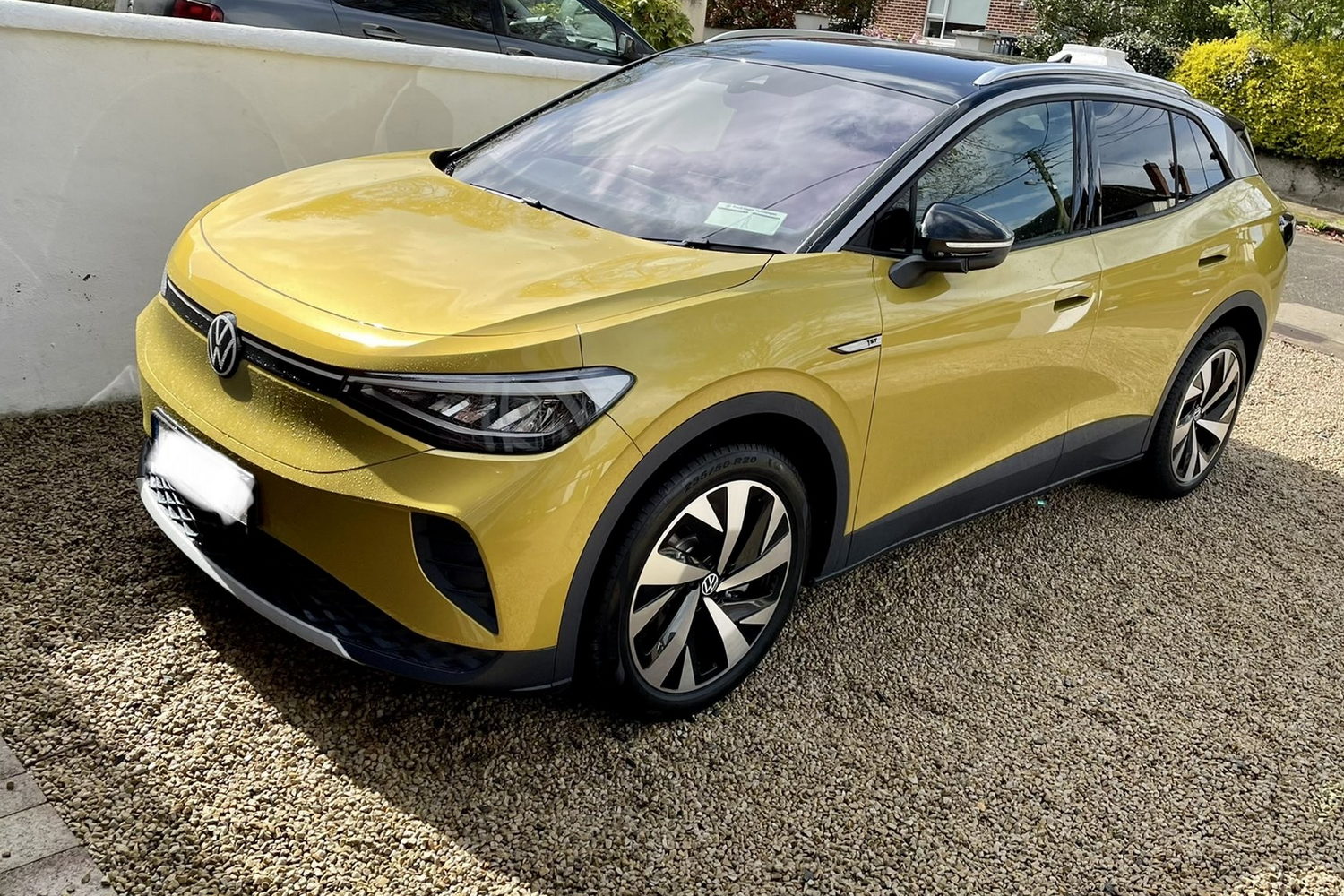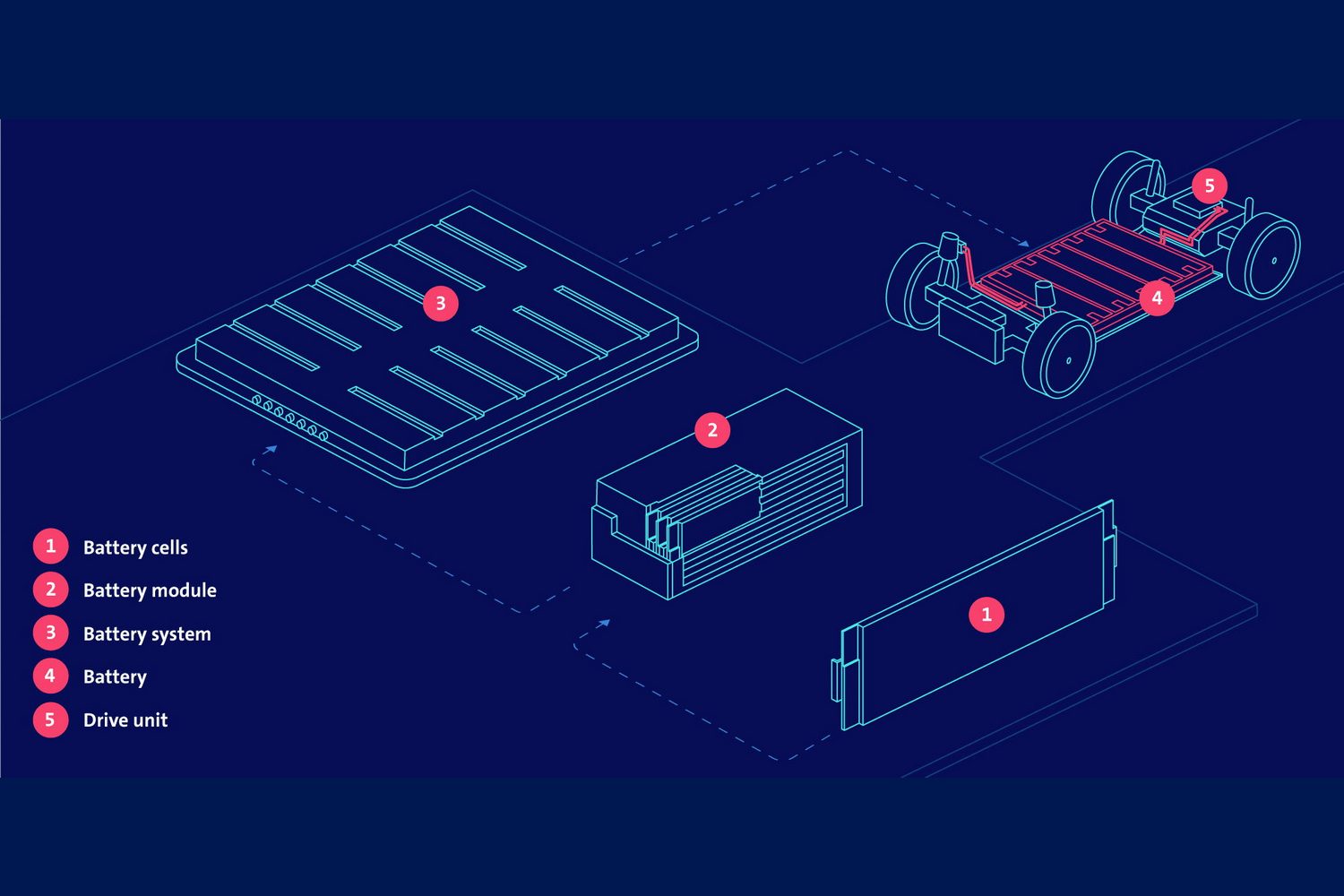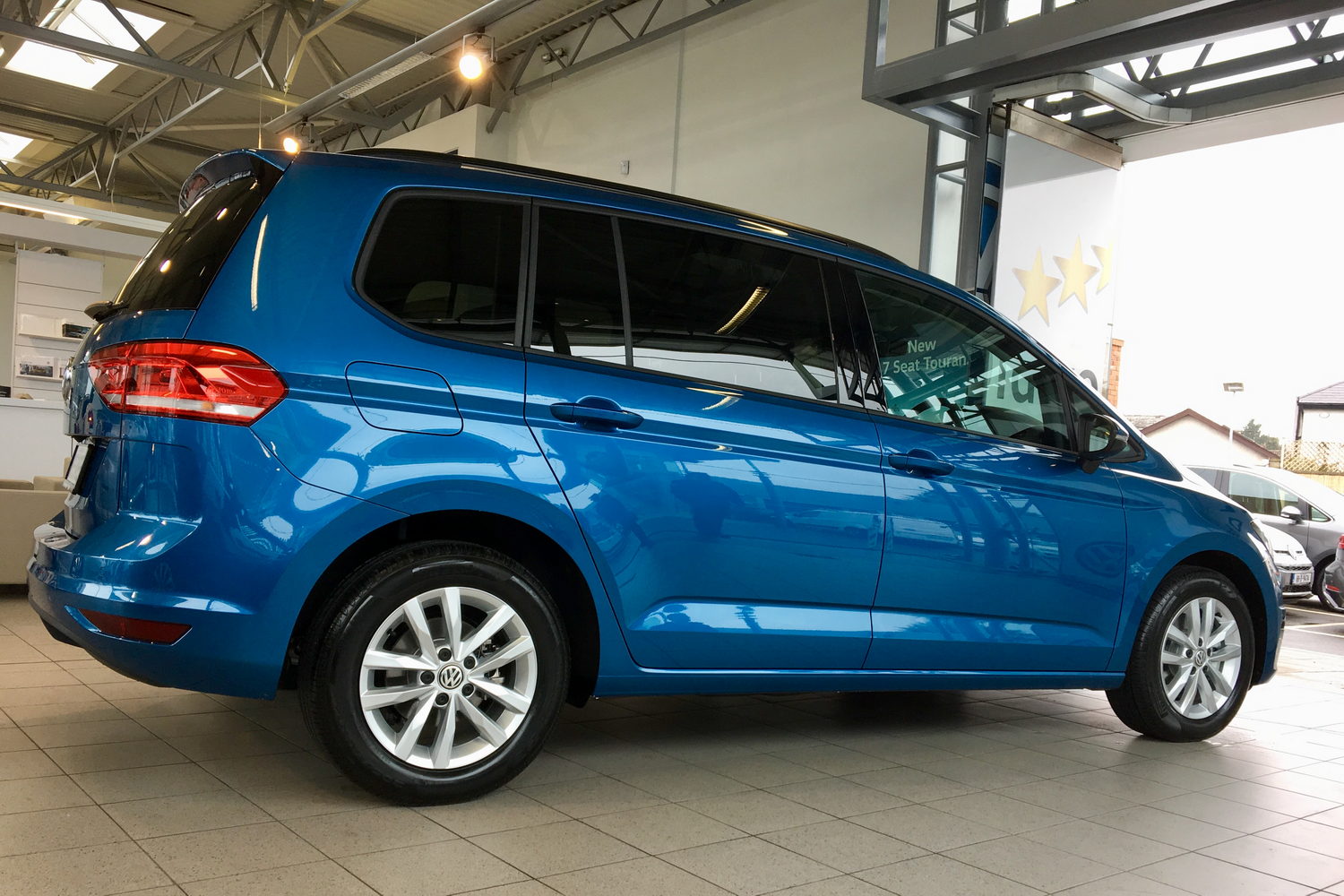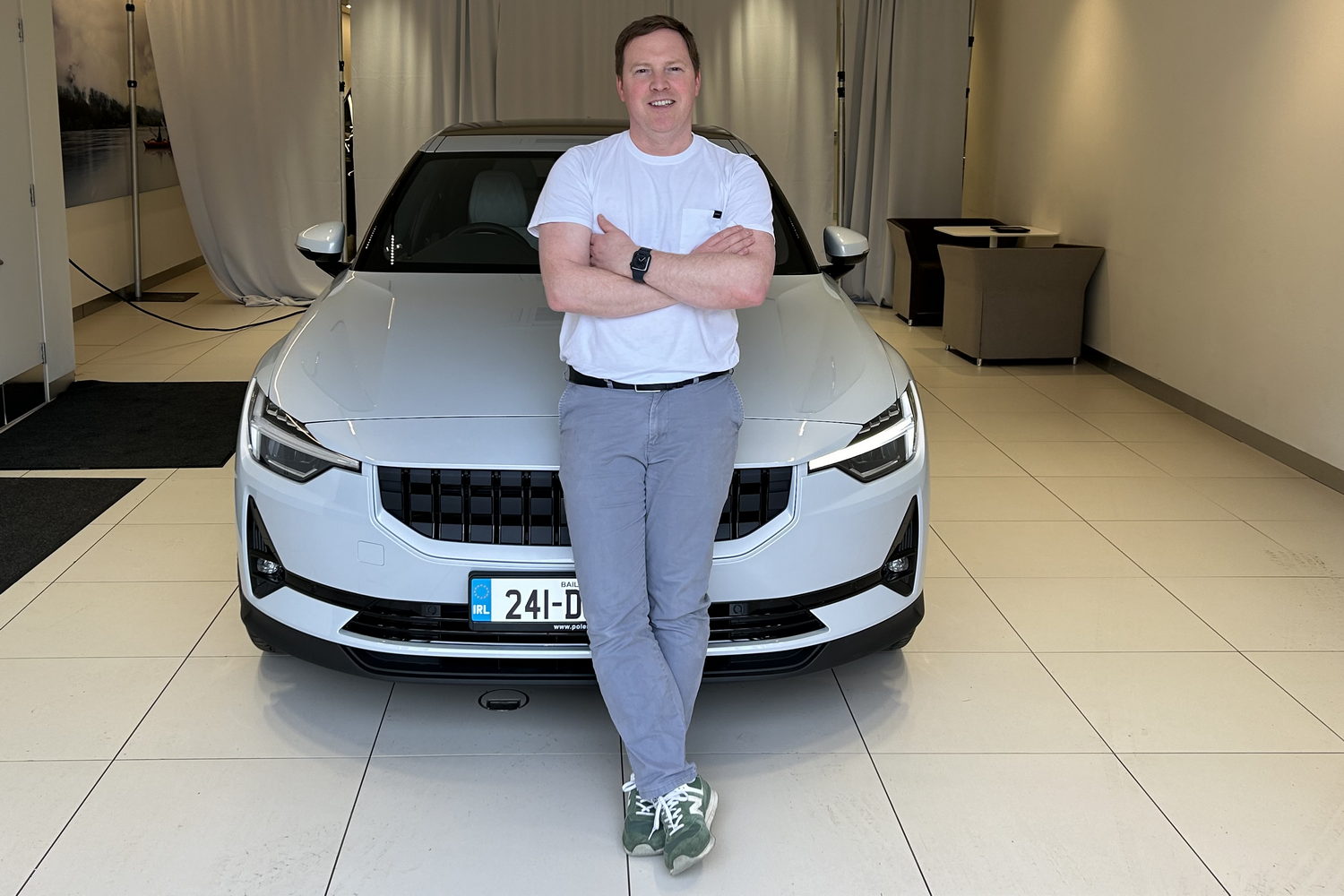Call it hysteria, confusion, doubt or even misinformation, there's unquestionably a negative vibe to mainstream comment on electric cars right now. The pro-EV brigade can't get a word in, partially because some of their efforts are tinged with bias and many have a vested business interest in electric cars.
Here at CompleteCar.ie, we've always been impartial. Our remit is to provide objective buying advice and help readers find the car that best suits their needs. Whether that's a cheap-and-cheerful petrol-fuelled city car, a big diesel SUV, a track-ready sports car, or anything in between - including electric vehicles. This approach doesn't mean we don't care about the environment and that we're not worried about climate change, but we'd be of no use to the car-buying public if we suggested that everyone should be driving an EV right now.
An electric car suits our family
It just so happens that electric car ownership does suit my personal set of circumstances - or rather, that of my family. And while it was bad timing in terms of resale value for us to change from our first EV this month - a Volkswagen ID.4 - to our second - a Polestar 2 - there wasn't a moment in the process where we considered going back to a car with an engine.

Obviously, not everyone is in the position to buy a new car, and I don't take that for granted - my wife and I work hard, and I feel very lucky to be able to afford a new car on PCP and change it every three years.
Because of the recent drop in EV values, this hasn't gone our way this time around as the ID.4 had very little equity left at the end of the term and so we had to put more of our own money into the changeover than was ideal.
However, I see this as a temporary situation, and we were unlucky in terms of timing. If we had changed our car early - i.e. last year when used EV values went through the roof - we'd have had much more equity. Likewise, I predict that by this time next year things will have stabilised once more.
Why have values plummeted? The starting point was potentially the massive reduction in prices of new Teslas announced early last year, putting pressure on the market. Other car makers had no choice but to follow suit and you can't massively discount new cars without it affecting the values of used vehicles. Overnight, used EVs were worth less and this led to volatility in the market with worries about further reductions. I believe this is a single price-alignment point in time and don't expect to see it happen again.
Some have taken to pointing out how much less an EV is worth just a year after buying it, but that's true of all new cars, and few buyers buy a car for just a year anyway. Those that bought a new EV last year at a high price may be looking at current values with dismay, but the situation shouldn't look so dismal in another year and again - I see this as a one-off price alignment.
Battery worries
I'm not quite sure how or why, but off the back of the furore surround EV values, battery life, reliability and cost came into the conversation, with the loudest voices shouting about replacement costs in the tens of thousands of Euros and batteries only lasting a year or so.
While it's true that it would be very expensive to replace a whole battery pack in an electric car, the same can be said about a whole engine. And in fact, it's less likely that a battery pack will fail to that extent. The car makers all provide generous warranties on batteries to offer some reassurance to new-car buyers. The minimum seems to be eight years or 160,000 kilometres but remember: this is the warranty period - most batteries will last for decades. There should be some comfort in the numerous studies done into battery life published by independent academic organisations, though these facts don't make for attention-grabbing headlines.

Sure, there will be outliers where a battery failure costs an EV owner a fortune, but those are few and far between. Admittedly, we're likely to hear more about them than the thousands of happy EV owners. And while scary-high repair costs have been cited of late, it's often possible to repair issues with a battery without having to replace the whole thing.
I've had diesel cars that have cost me thousands in repairs over the years, from DPFs to EGR valves and more. In fact, the final diesel car I owned badly let us down and required an engine change. That was the catalyst for us to move toward the peace of mind of a new car bought through PCP finance - though we had a Volkswagen Touran (a truly excellent car) before the ID.4, so we got used to PCP before we tried electric-car ownership.

Sure, Nissan was a pioneer in the EV space with its Leaf, but Volkswagen arguably democratised electric power with the ID.4 as it was priced from the start very closely to the similarly sized Tiguan. We took a punt on the ID.4 as our first electric car. It was mostly to be used for my wife's short urban commute and we could have made do with a much smaller model for that - with a shorter range - but we wanted a vehicle that would accommodate the whole family when needed (we have three kids) and the ID.4 ticked all the boxes - even if it was overkill for its day-to-day use.
It's not only about the low running costs
It didn't take long for us to get into EV ownership. And actually, the low running costs weren't the biggest change as our mileage is so low anyway. We're fortunate to have home-charging, as a few months using the public network illustrated that it's still not good enough for a mass-migration to EV ownership, and the car sometimes goes a week without a charge, so our electricity bill barely changed. Aside from that, we love how smooth and quiet the car is, how there's no pollution coming out the back, how peppy it is from low speeds and little things like being able to warm it up remotely using the app on a cold winter's day.
When it came time to replace the ID.4, the conversation revolved around which make and model, not whether we'd stick with electric. Even the lack of equity in the car didn't put us off as we don't foresee that being a problem again. The used car dealers that have said they won't take in used EVs right now are thinking short term, which is how their business works and is their right. Buyers themselves think longer-term than that - usually three to four years - and shouldn't have knee-jerk reactions to the news cycle and what's getting the most attention in social media.
The car makers themselves - previously pilloried for having a vested interest in 'Big Oil' - have invested billions in EV development, and continue to do so, regardless of what some will tell you. Stick to diesel, petrol or hybrid for now if it suits your needs for sure, and we here at CompleteCar.ie will be only too happy to help you choose one. But don't dismiss EVs without getting unbiased expert opinion, not just on the here and now, but on where the car market is going to be in just a few short years.
If you think we can be of help, pop us a question via the Ask Us Anything page and we'll do our best.







